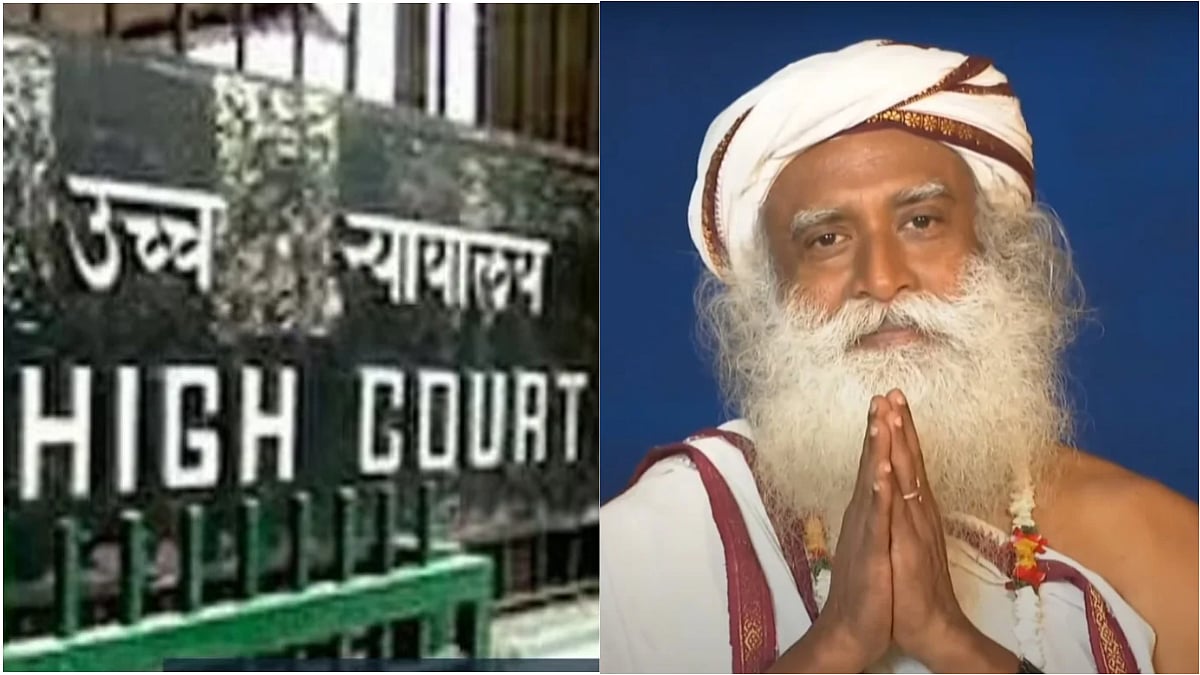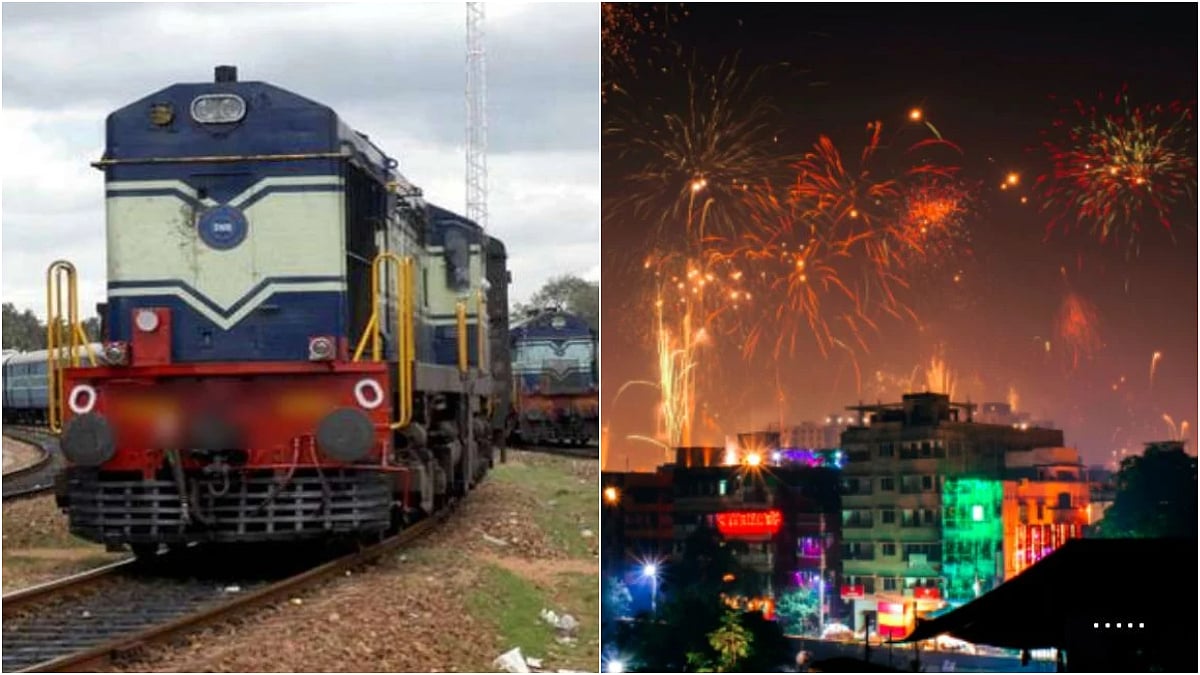As Diwali lights illuminate homes across India, the festival is often seen as a time of joy, family reunions, sweets, shopping, and the celebration of good triumphing over evil. Yet, spiritual leader Sadhguru offers a deeper, more scientific interpretation of this ancient tradition- one that connects the festival to the rhythms of nature, the human body, and the environment.
Diwali as a natural reset
In his recent Instagram reel, Sadhguru describes how the days surrounding Trayodashi of the Karthikamasa, which marks the beginning of Diwali celebrations, coincide with a major seasonal shift in the northern hemisphere. As winter approaches, nature enters a phase of slowing down-affecting plants, animals, and humans alike. “From the Trayodashi of Karthikamasa, things change,” he says, emphasising that this is not merely a cultural event but a physiological one.
The shorter days and cooler temperatures reduce our body’s natural energy levels and can lead to fatigue, low moods, or even seasonal ailments. According to Sadhguru, ancient Indian traditions designed Diwali as a way to counteract this slowdown- to infuse light, music, and activity into life when both nature and the human body tend to become sluggish.
How seasonal changes influence human energy
Sadhguru’s insight draws a fascinating connection between environmental changes and human vitality. He explains that as our surroundings grow darker and colder, our physical and mental energies begin to wane. “If you slow down within yourself, you will become dim,” he says. Without conscious effort to stay active and energized, one becomes more prone to illnesses and low motivation.

This understanding reveals why lighting lamps, bursting crackers, and filling homes with color and laughter are more than symbolic gestures. They are practical tools to keep the human system lively and resilient during winter’s onset.
Dhanteras and the science of health
Just before Diwali comes Dhanteras, also known as Dhanvantri Trayodashi, which is deeply rooted in Ayurveda, the traditional Indian science of health and healing. Sadhguru notes that this day celebrates Lord Dhanvantari, the deity associated with medicine and well-being. He stresses the need to maintain physical vitality and mental alertness from this time through mid-January, when winter gradually recedes.
“You need music, you need light, you need life around you,” he says, encouraging people to keep their environment bright and joyful. Doing so helps prevent stagnation and protects against “negative forces,” both internal and external.










